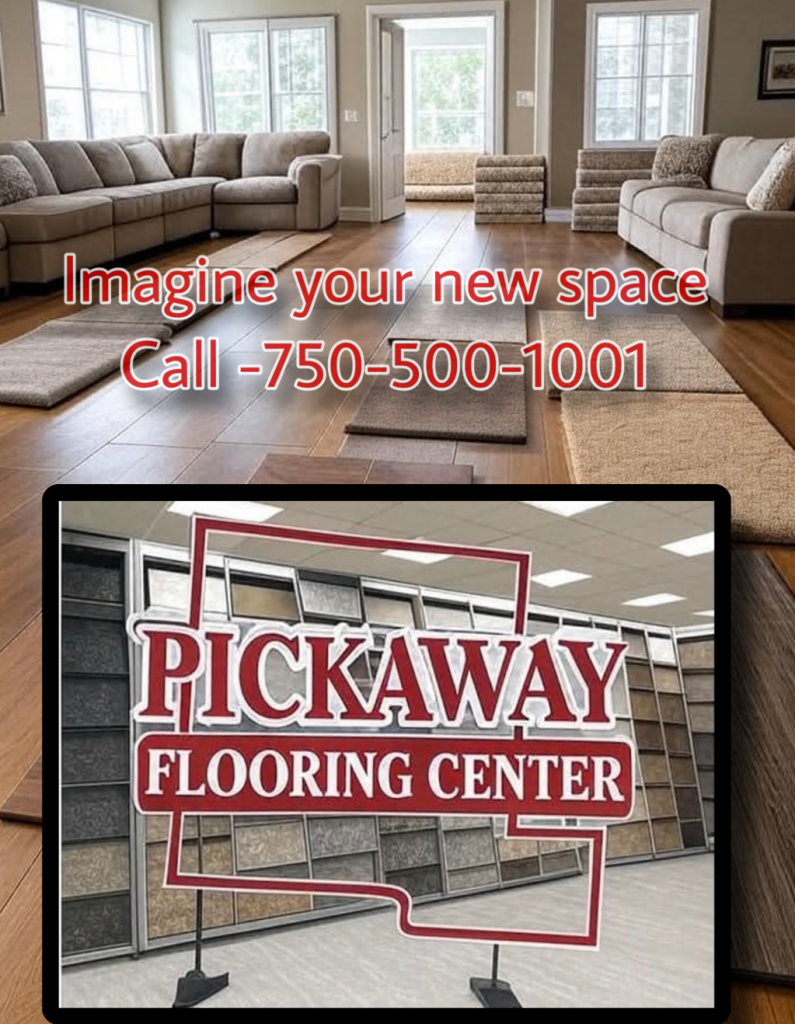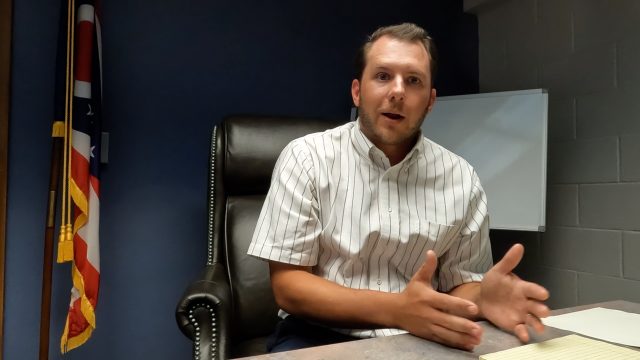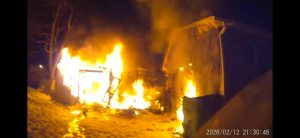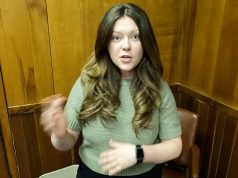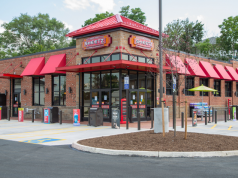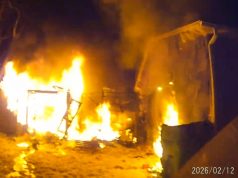
Chillicothe, Ross County, and the Regional Economy — As concerns about the closing of the Chillicothe paper mill continue, I asked Ross County Commissioner David Glass for his insights.
Glass is a freshman commissioner who started that job four months before the fateful announcement of the closing of Pixelle – the former major employer of Ross County, Mead Paper. Glass brings experience in economic development to the job, as we discussed in our first interview in January.
The Monday after the Pixelle announcement, the ‘paper mill response team’ began their weekly meeting, combining local government, agencies, and nonprofits focused on economics, jobs, business, and more. The Ross County Commissioners have been a part of it.
Hear Glass in his own words in the 45-minute interview, divided among the four videos below. But, in summation:
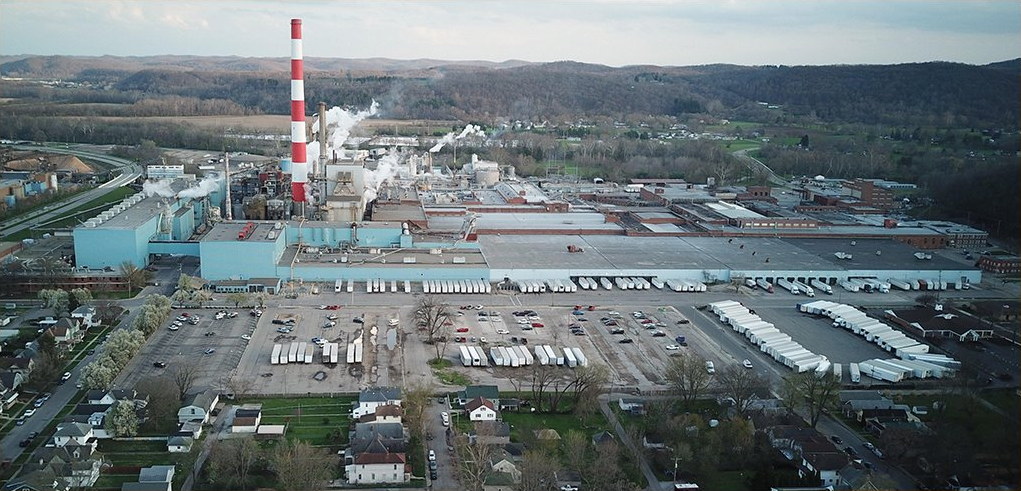
Glass said the shutdown of the paper mill is a nightmare worst-case scenario. It’s understandable for everyone to be emotional about it; his own family came to the area so that his father could work there.
Beyond the original 830 employees on April 15th, Glass said there are easily 1,000 people directly affected by the shutdown, with a $1 billion economic impact. (It has been pointed out that the mill’s economic influence includes local logging, trucking, restaurants, hotels, maintenance and technological services, and more.)
He said the response team has been an excellent collaboration of all stakeholders, but it is increasingly hampered by a lack of communication – and apparent dishonesty – by H.I.G., the owner of Pixelle.
Glass said that since the site is privately owned, no one knows what they will do with it, or even what kind of offers have been made to buy it. He said that when he was working in economic development in Pickaway County, he was dealing with closures of factories from 10 and 20 years before – the RCA building and the GE site.
He said GE was a worst-case scenario: It was shuttered and no one was allowed to touch it…like the “zombie site” in Chillicothe, Wear-Ever. That has become a big news item because some of the paper mill’s wells hold the factory’s groundwater pollution in check…as long as they are running.
Glass says the response team has been engaged with the Ohio EPA, which is also very engaged with Pixelle and the owner of the Wear-Ever factory. He says he is confident that Pixelle will not be allowed to shirk their obligations.
As for the “Memorandum of Understanding” with Pixelle, he says “the devil’s in the details.” The MOU is very short and not legally binding…and he says H.I.G. may have already violated it.
Glass said the paper mill is the number one priority in local economics. He said that the local community wants to craft its own destiny, and wants to have some influence over the mill site so that it does not become an albatross around our neck…but it is privately owned.
Although the paper mill has been focusing on carbonless paper, which is largely outdated in a digital environment, Glass points out that paper products are still important: witness the Amazon boxes on everyone’s doorstep.
He said it’s hard to say what we will see after it closes – and the official date is August 8, though most or all mill processes have already been shut down. He says there are too many scenarios to speculate. The response team has prepared for them, but they can’t know what H.I.G. is going to do.
Glass said that for most communities, they take too long to act on this kind of major employment issue. But here, he says we are heading in the right direction, and this is a perfect example of what everyone needs to rally around.
He says his focus will continue on reasonable, measured growth – and he is proud of the paper mill response team, and more.
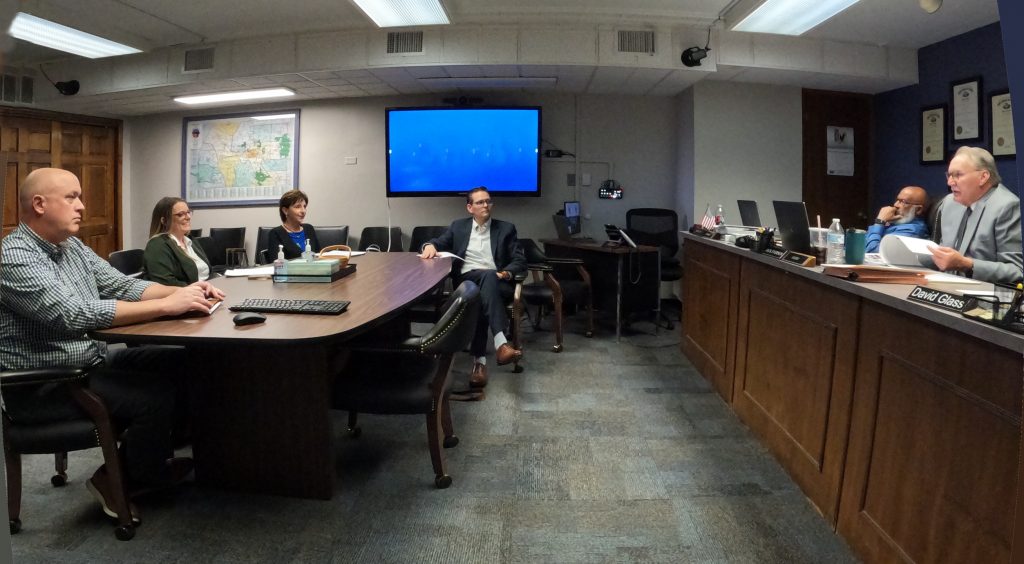
My first question, the focus of the first two videos, was about “Preservation Hall,” the proposed redevelopment of the large canal warehouse at the corner of East Main and North Mulberry streets. Glass has opposed a request for the Ross County Port Authority to be a part of that.
He told me that he felt it wasn’t appropriate for so much public money to be involved in a private project that will probably turn out to be much more expensive than estimated, in addition to his opinion that the small staff in local economic development need to focus on broader-range projects.
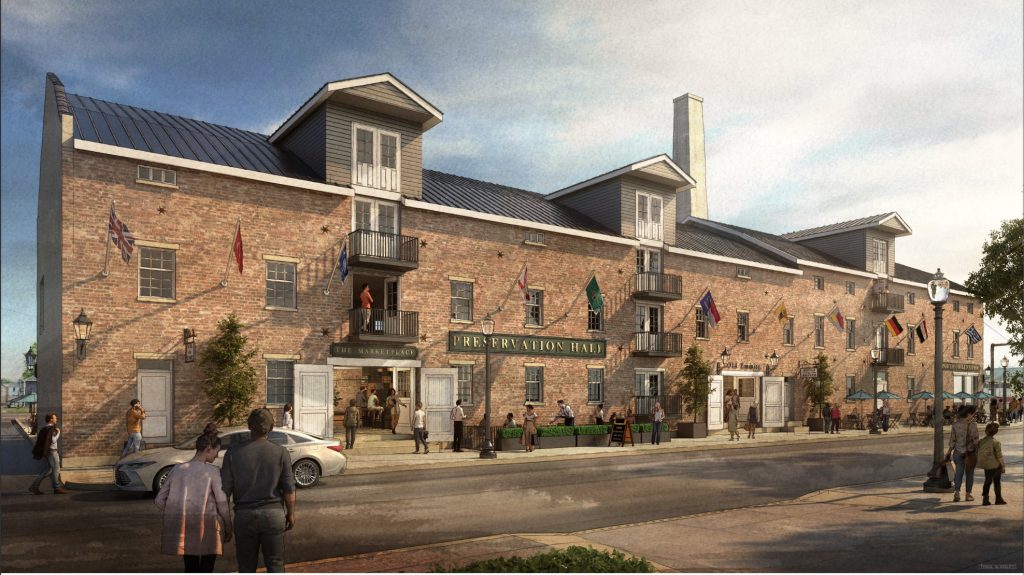
Again, this is a 45-minute interview divided into four videos. You will learn much by just letting them play and listening to them like radio. (Or podcasts, if you’re a millennial!)
Parts 1 and 2 – “Preservation Hall” and economic development:
Parts 3 and 4 – the complex situation of the Chillicothe paper mill:
